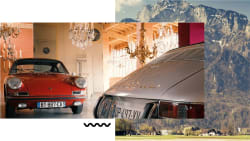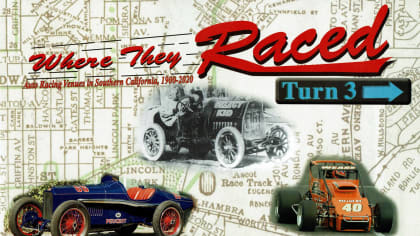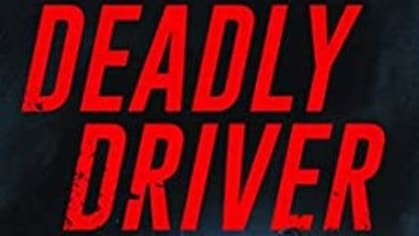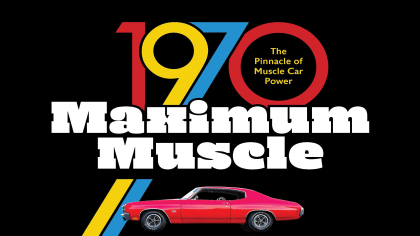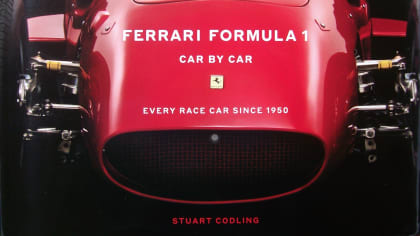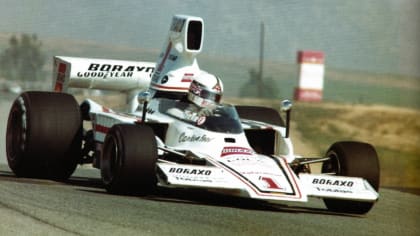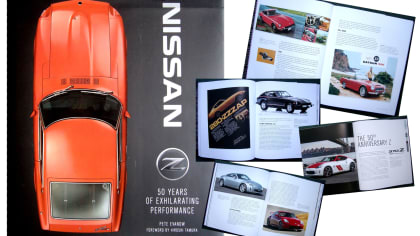Vic Norman Is A Lucky Sod
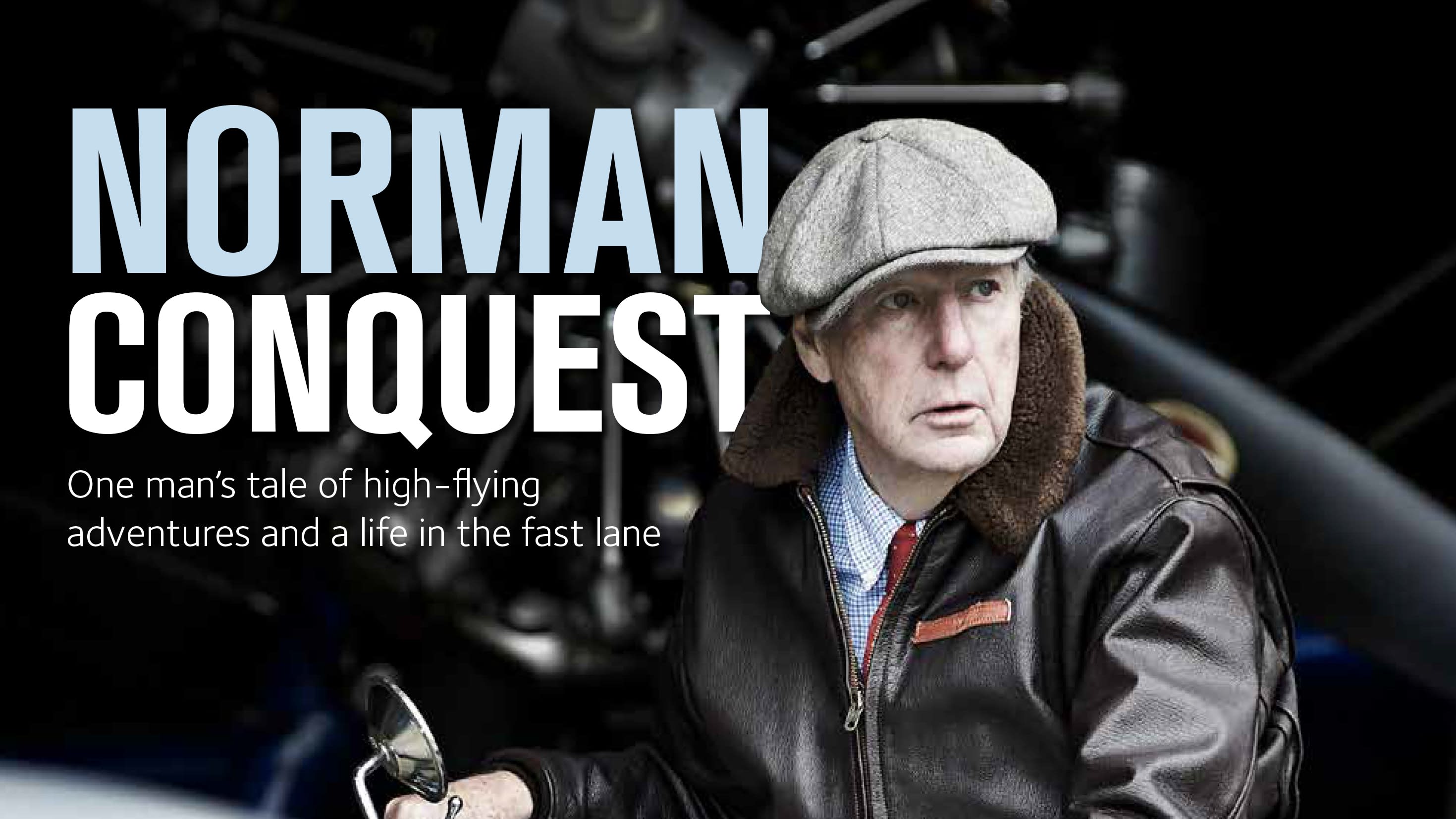
Book Review: Norman Conquest
Norman Conquest - One man’s tales of high-flying adventures and a life in the fast lane... A title as fitting as it is impressive.
By Stuart Rowlands
Wed, Aug 18, 2021 01:22 AM PST
Author: Vic Norman
Published by: Porter Press International
Pages: 272 Hardcover with more than 200 Illustrations
ISBN 978-1-913089-24-5
If you can get your hands on a copy of Vic Norman’s memoir Norman Conquest, you are in for a treat. For those of us who admire "daring do" as a lifestyle, this book is one of the most enjoyable memoirs that I have read in recent years. It's attractively written, designed, and beautifully photographed and would have a place on my desk or coffee table any day - even if I were not a go-kart, sports car, motorcycle, rock & roll, speedboat, acrobatic flying, land ovely ladies fan. But I am.
And I must report, having first quickly skimmed through it and then settled in to read it, I’ve not changed my opinion one iota – Vic Norman is a lucky sod.
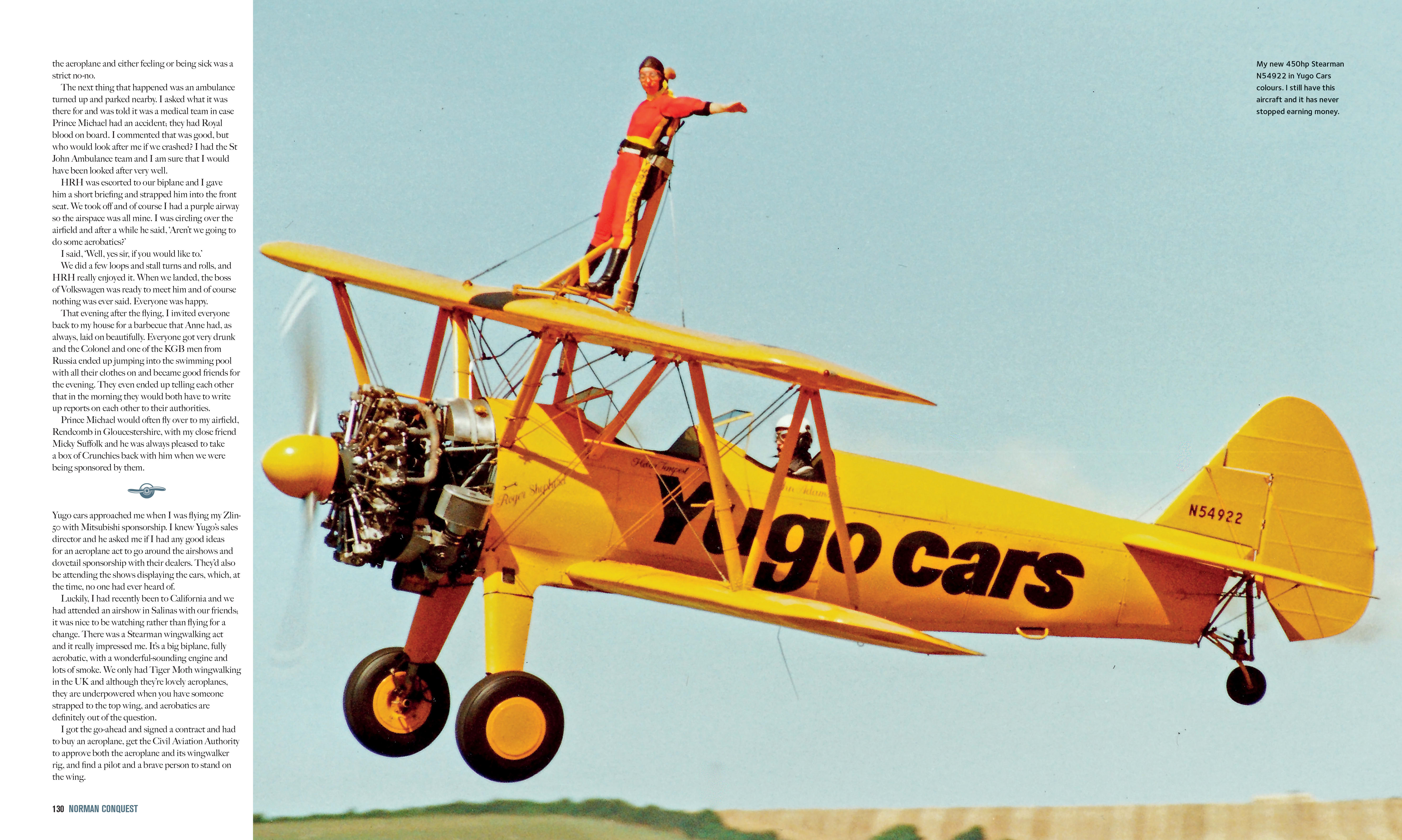
I didn’t realize it earlier, but even in those gloomy, post-war days in Britain there was a fairytale career angel on duty when mister Norman was launched onto this planet. Vic’s tale is splendid - the stories and photos in this book pour out with pizazz almost every step of the way.
This book, this tale, this epic: “Norman Conquest” is almost living proof that there are alternate realities. When Vic was born in 1945, Britain was suffering badly. The war had ended, food was still rationed, the winter of 1946/47 was abysmal - with frozen pipes and deep snow drifts - and terribly wounded soldiers and POWs were still coming home.
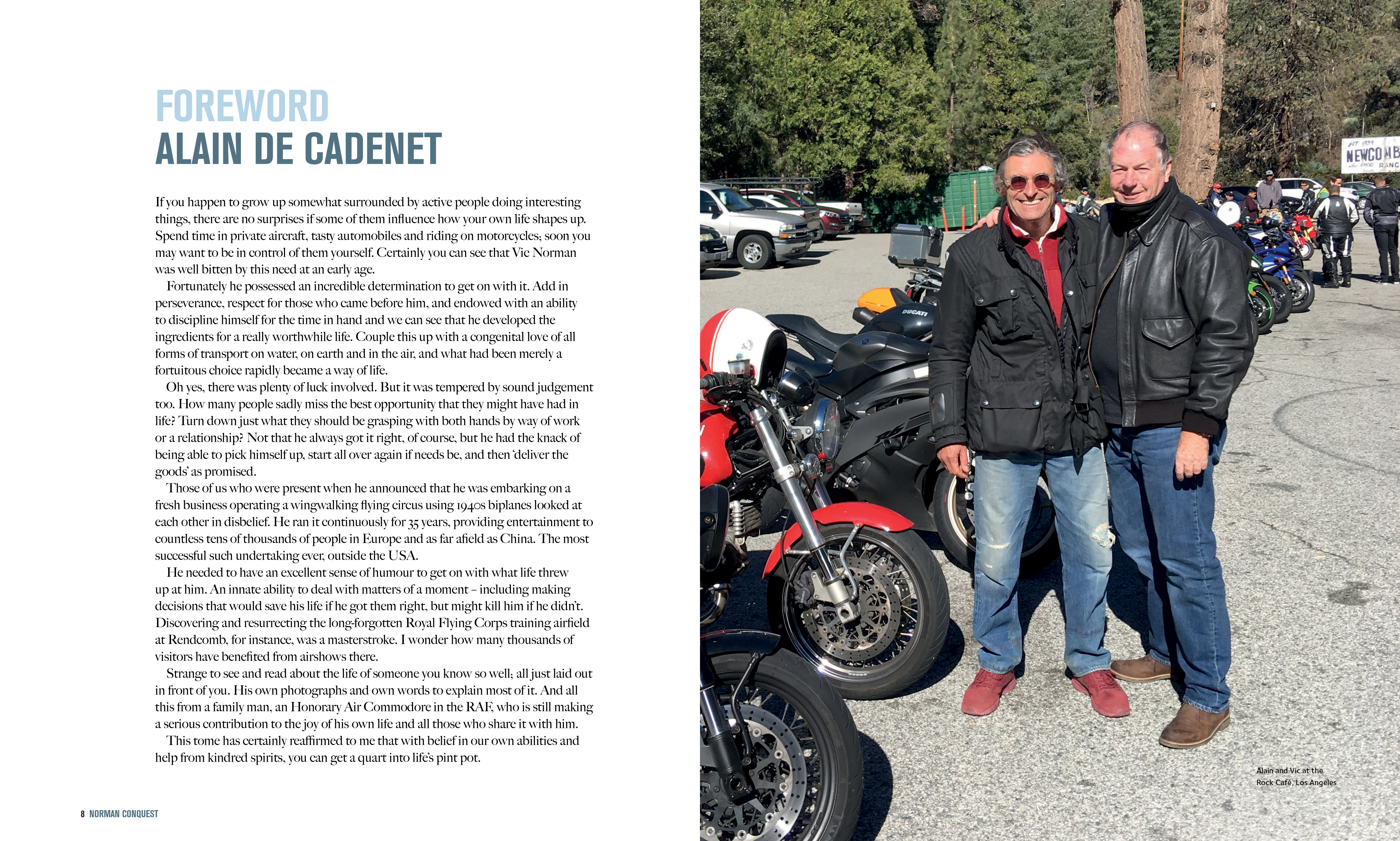
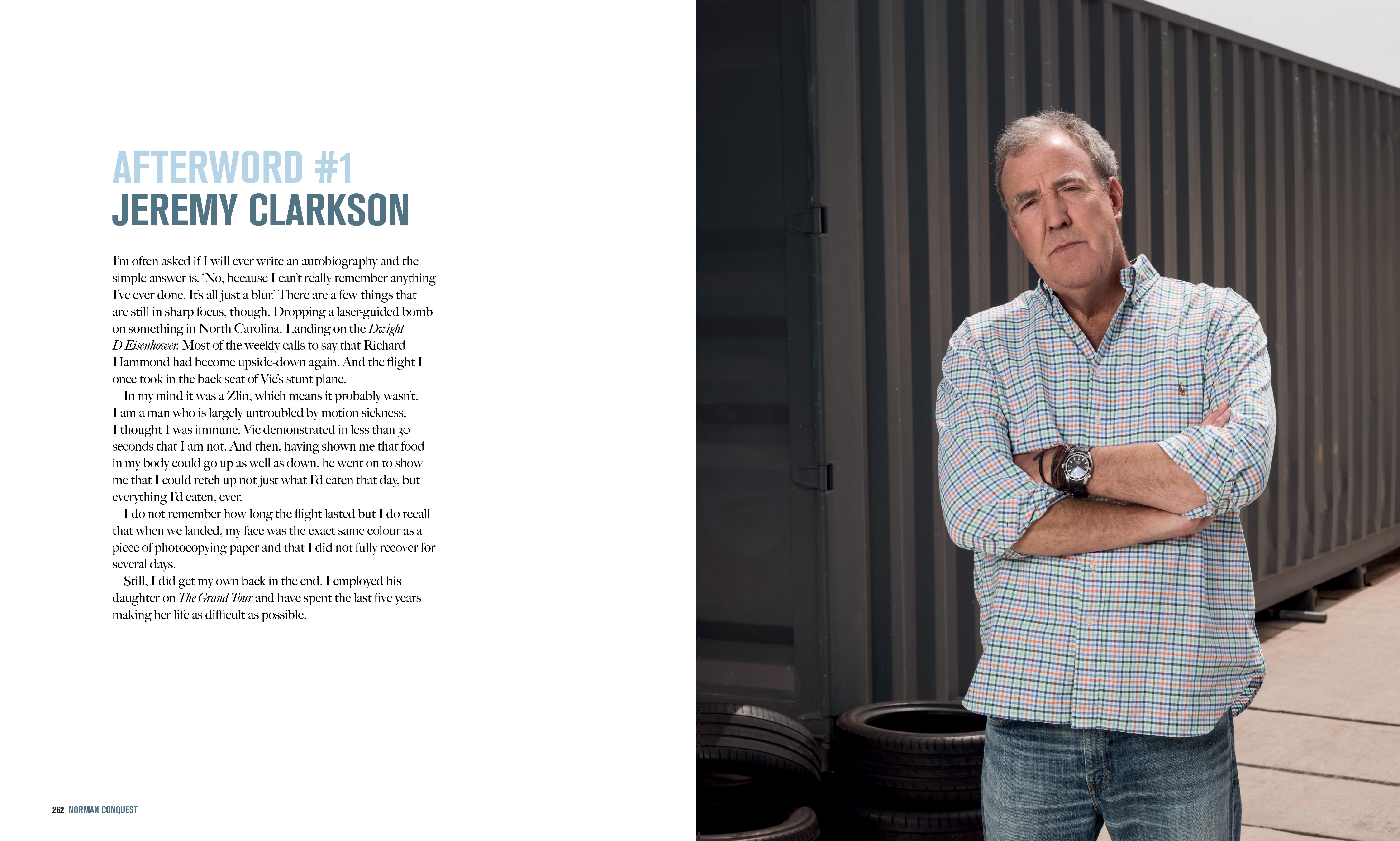
Massive unemployment was the norm and cities and towns across the nation were in a terrible state. There were bombed and burned-out buildings everywhere, and in London itself thick, choking pea soup smog killed hundreds of children and the elderly every winter. And as the 1940’s morphed into the 1950’s (and early 60’s), the politics were often violent, and the dock workers and coal miners seemed always on strike. But then of course came the 1960’s with the Stones, Beatles, and mini-skirts to the rescue.
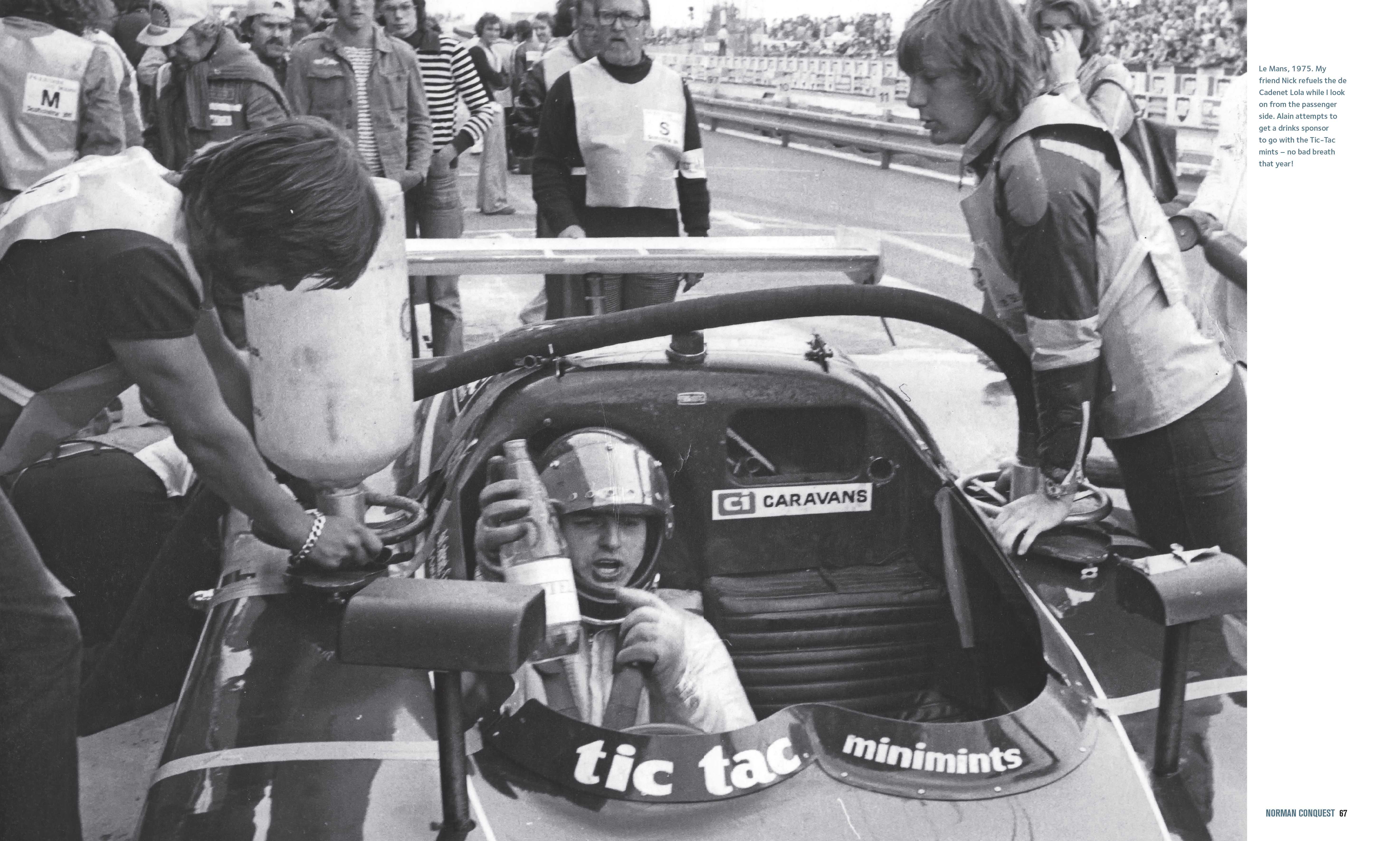
None of the above is reflected in Norman Conquest. Self-penned -or in his own words: "two finger typed" - Vic was blessed with having a brilliant engineer and businessman father, Samuel Eric Norman, who spent the war years machining parts for Rolls Royce, the Bristol Airplane Company, and English Electric at his factory Balfour (Marine) Engineering, southeast of London.
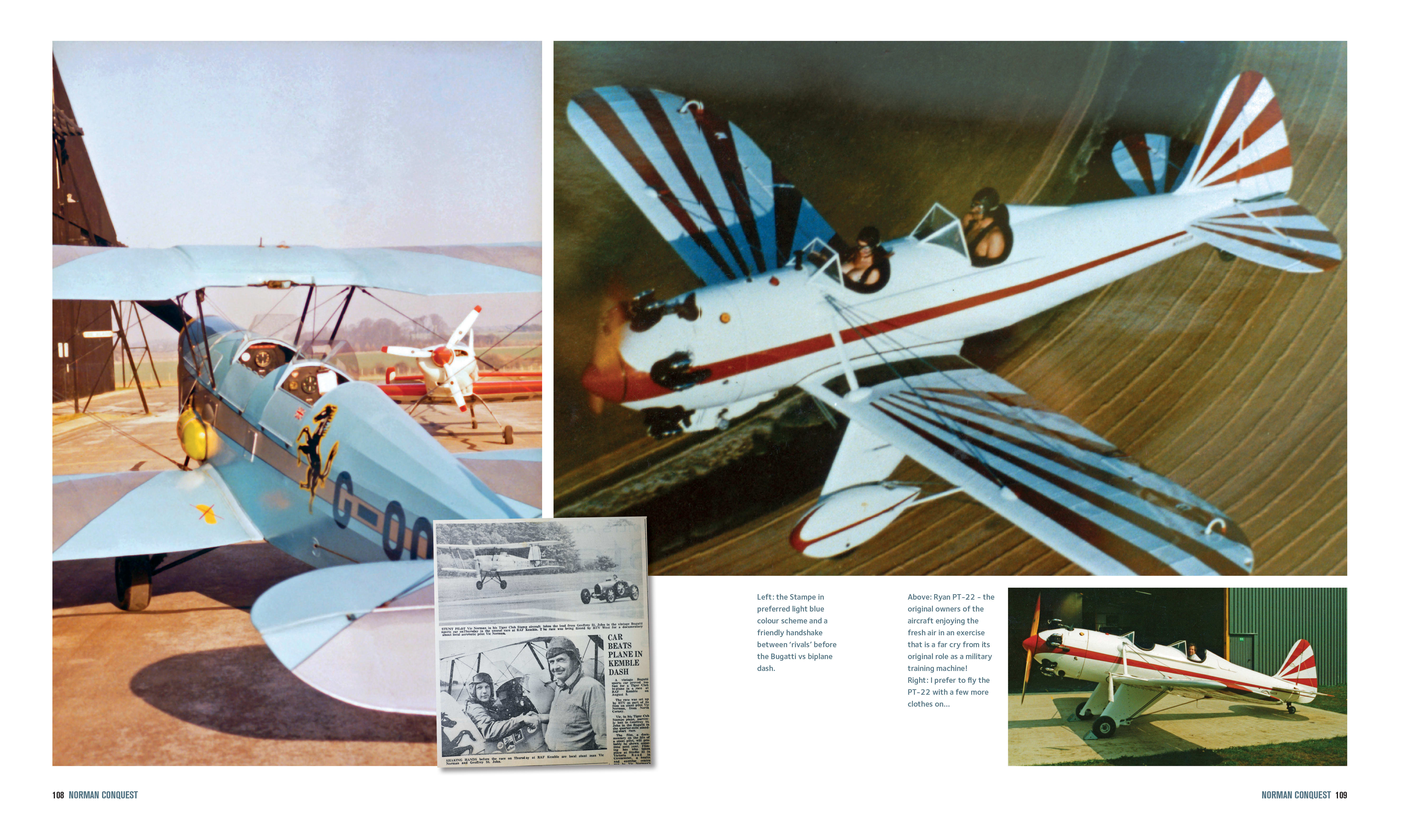
Having made a major fortune in helping to save his country, S.E. Norman turned his genius to the importing of Bal-Ami Juke Boxes from America and selling them by the thousands across Britain and Europe as rock & roll exploded on the British scene and teenagers began living in coffee shops.
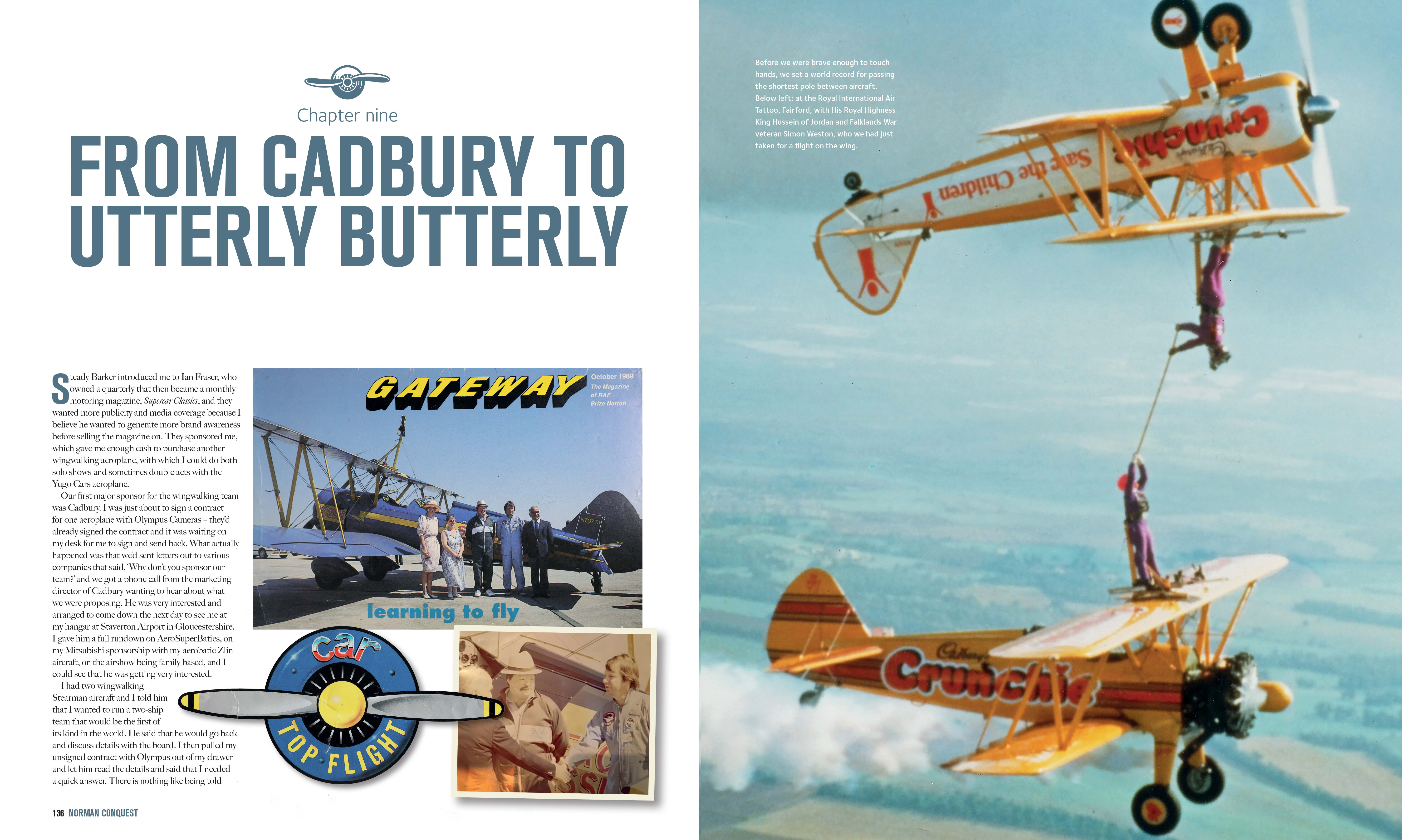
A fleet of aero planes, speedboats, magnificent Rolls Royce, Bentleys, and the odd Ferrari - including one delivered directly from the factory in Maranello - are telling glimpses into Vic’s moneyed childhood. So much success was enjoyed by the Norman family that fully nine weeks a year were allotted to holidays in the South of France where Vic grew up enjoying all the perks of a rich man’s son, including hanging out with the stars of the day.
Among his earliest adventures - fittingly following a lunch on the family yacht in the San Tropez harbor - is taking on the challenge of a water-ski competition head-to-head against world land-speed and water-speed record holder Donald Campbell and racing immortal Stirling Moss - who was in town for the Monaco Grand Prix. The competition? To see who could stay up on their water skis the longest on the trip back to Cannes.
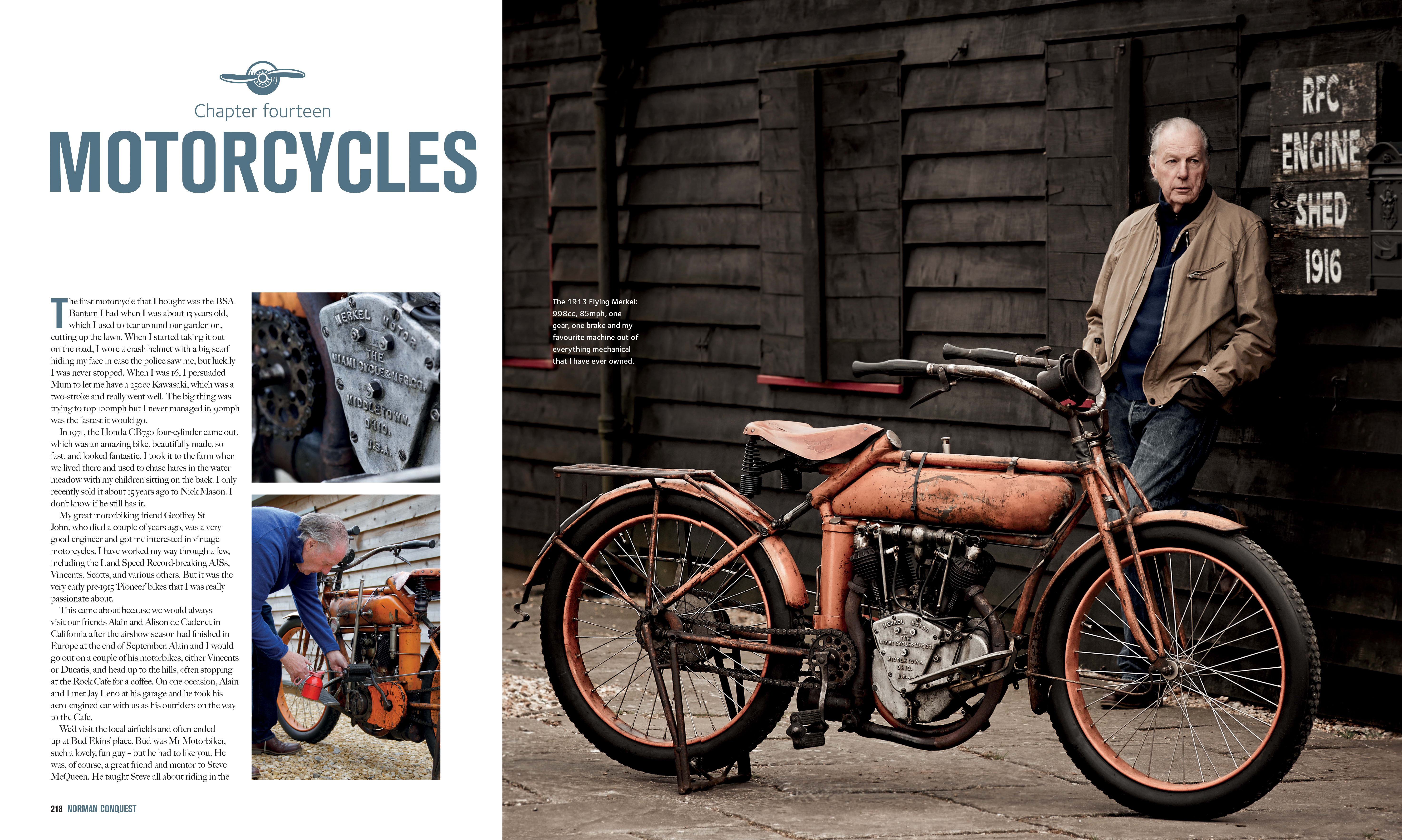
First Campbell came adrift and then Moss got buried in the speedboat’s wake, but Norman continued to water ski for 31 miles – he claims that he was only 10 or 11 at the time.
But I digress … Vic Norman has dedicated his book to his lovely wife Anne, a former model working at Britain’s top agency Lucy Clayton. In full disclosure, my wife Jacky was a Lucy Clayton trainee agent at around that time. [Editor's note: Stuart and his wife Jacky are both long-time Americanized Brits, so Vic Norman is not an unknown phenomenon for either of them.]
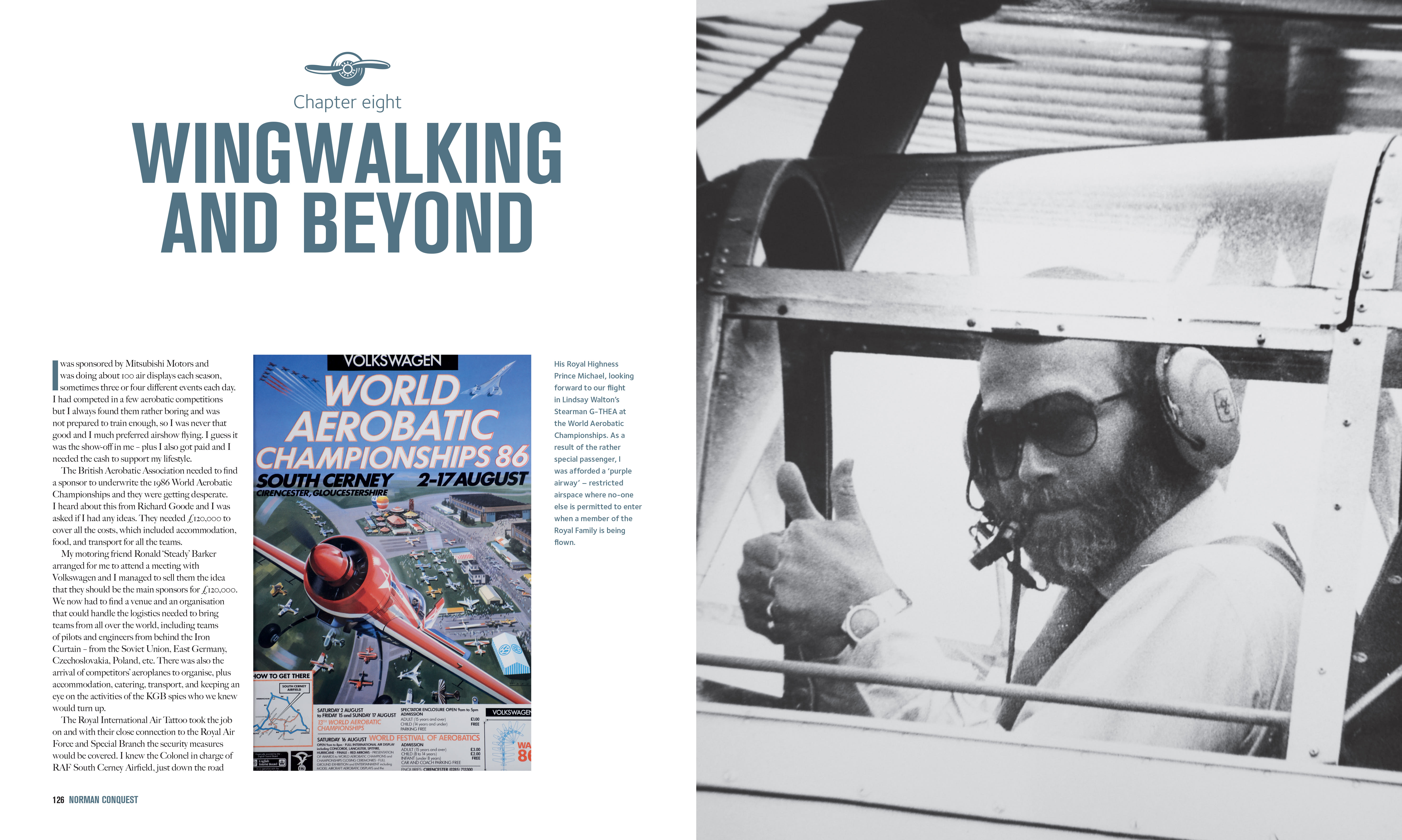
Actually, this book is something of a digression in and of itself. Some of the stories push the limits of our understanding of common sense but I suppose "he who dares wins". In subsequent chapters Vic reveals that he has never had a job or anybody telling him what to do. I’ve always wondered why envy is portrayed as green – perhaps it’s because it’s the color of money?
Vic’s passion is for anything with a motor, and the tales of owning - and often racing or flying - the best of the best are well worth reading. Vintage motorcycles are just one of these motor-themed passions, including a 1912 Indian and the renowned movie stunt-man Bud Ekins-owned Flying Merkel, which the author sometimes enters in the London to Brighton Pioneer Run - still in its original 100-year-old color scheme.
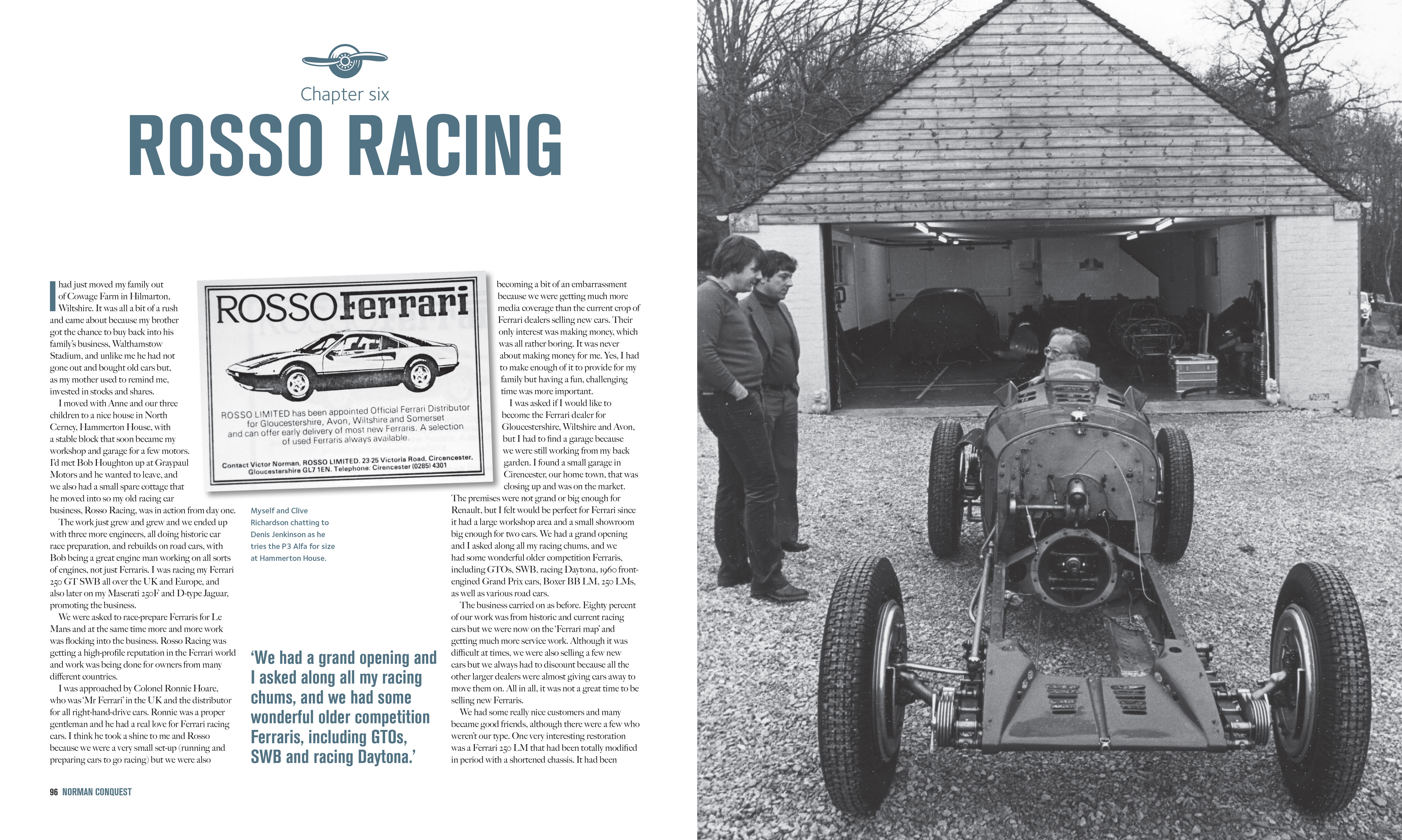
The race cars are especially outrageous with Vic owning and campaigning them all over Europe. His incredible stable included such iconic rides as a Maserati 250F, a BRM F1, and a Jaguar D-Type. He is also credited with founding Russo Racing which prepped Ferraris for the 24 Hours of Le Mans. Suffice it to say, this book is replete with superb automotive photography that will rev up gearheads and motorsports fans worldwide.
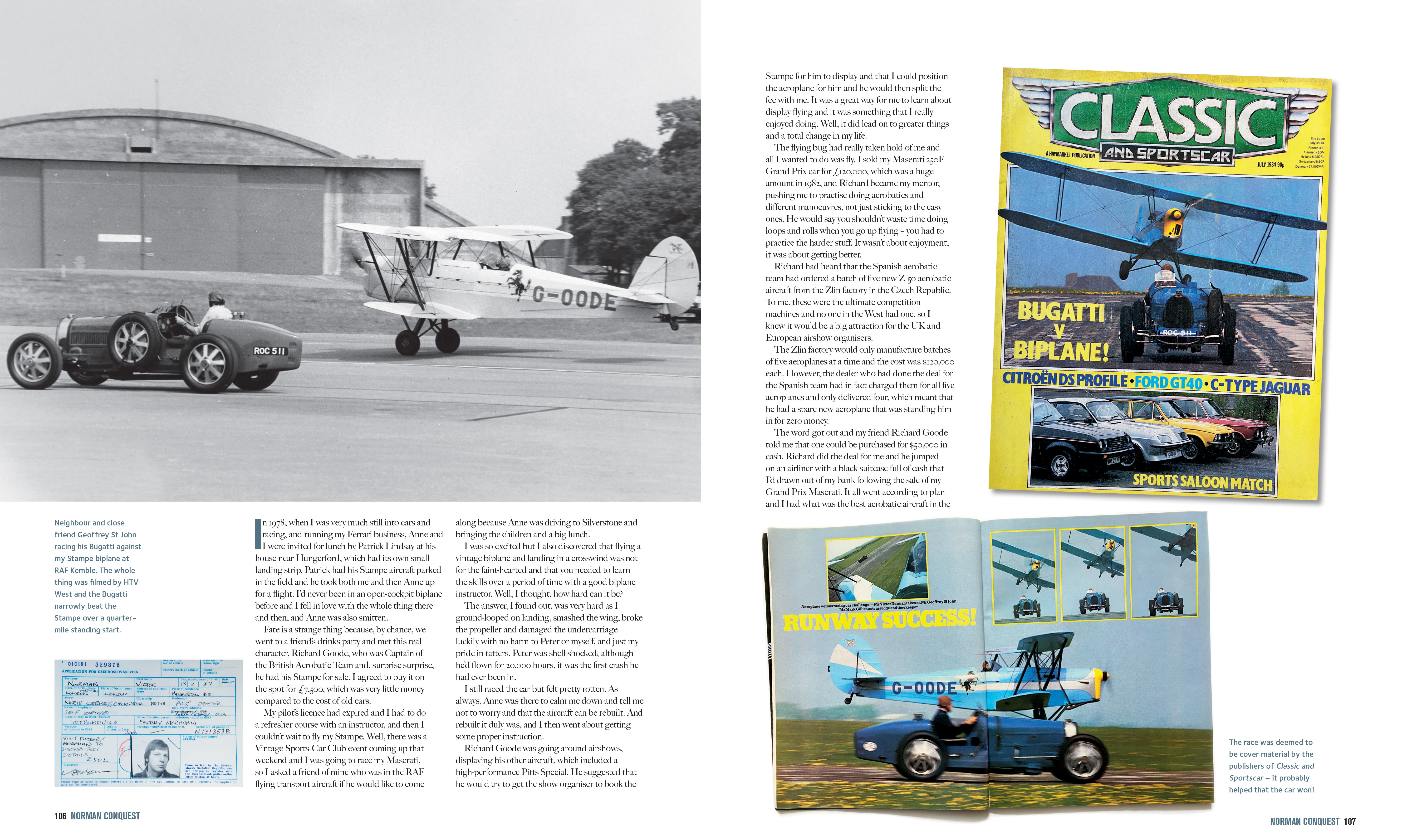
Sadly, Vic needed to sell the almost priceless Maserati in 1982 (one of the cars the great Juan Manuel Fangio campaigned while winning the 1957 World championship) to buy into a acrobatic/display flying and wing walking troupe that operates across the globe under the banner of AeroSuperBatics - his current passion.
Vic’s adventures in airplanes are fully the stuff of legend. His just getting to and from over 1500 shows in far flung locations such as India, Dubai, and Australia - surviving bad weather, food, and water - and living to (now) laugh about it, are some great reading.
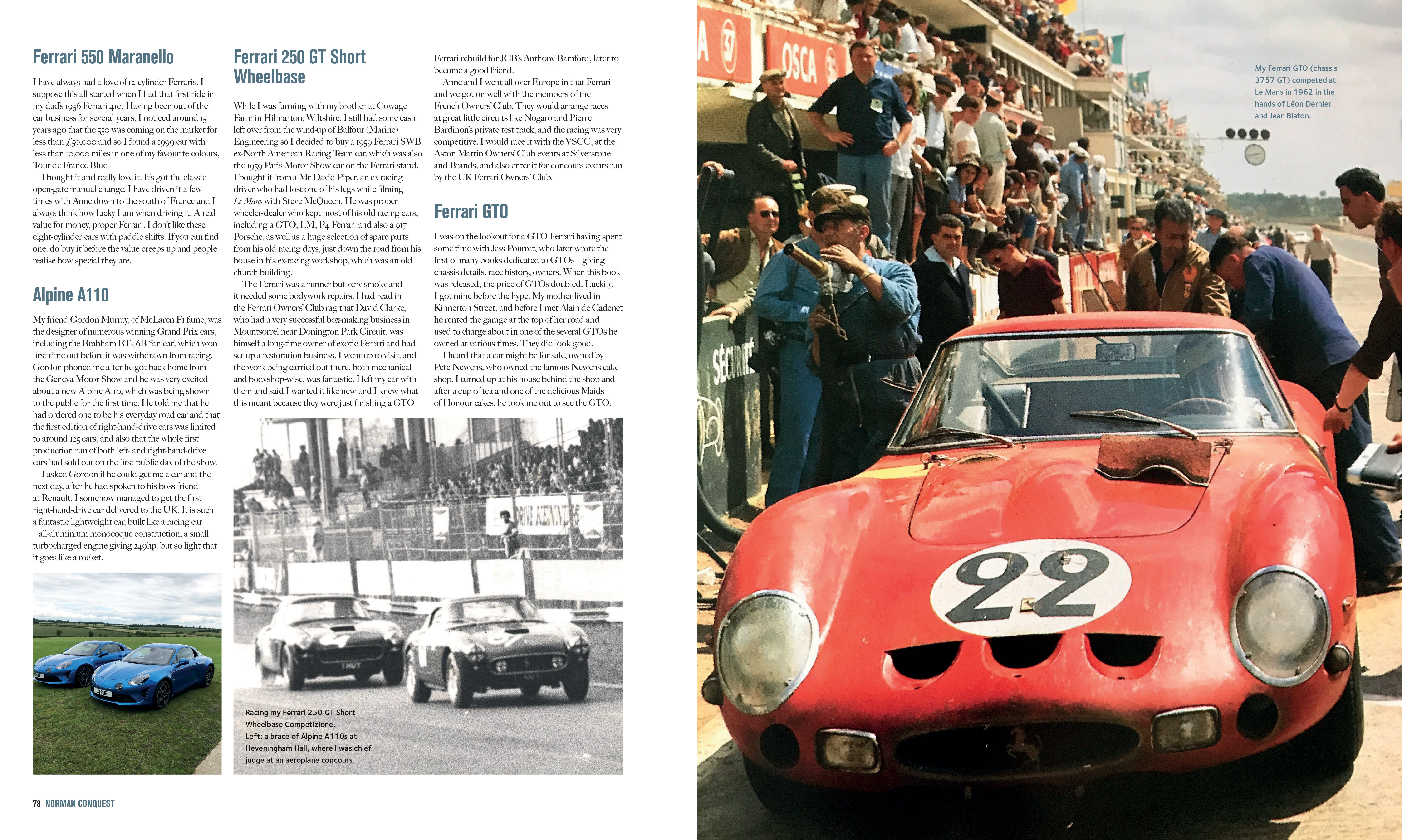
Teh foreword to Norman Conquest is by endurance sports car star and TV presenter Alain De Cadenet, and there’s not one, but three, marvelous "afterwords" starting with Jeremy Clarkson who rues the day he accepted a ride in Vic’s stunt plane. Clarkson’s whinging and plot for revenge is followed by Pink Floyd drummer, Nick Mason, who credits Vic’s financial advice not to fritter away his royalties in pension funds but invest instead in "lots and lots of airplanes" for the fact that he too, has a jaw-dropping collection of famous vintage racing cars which he shows and races.
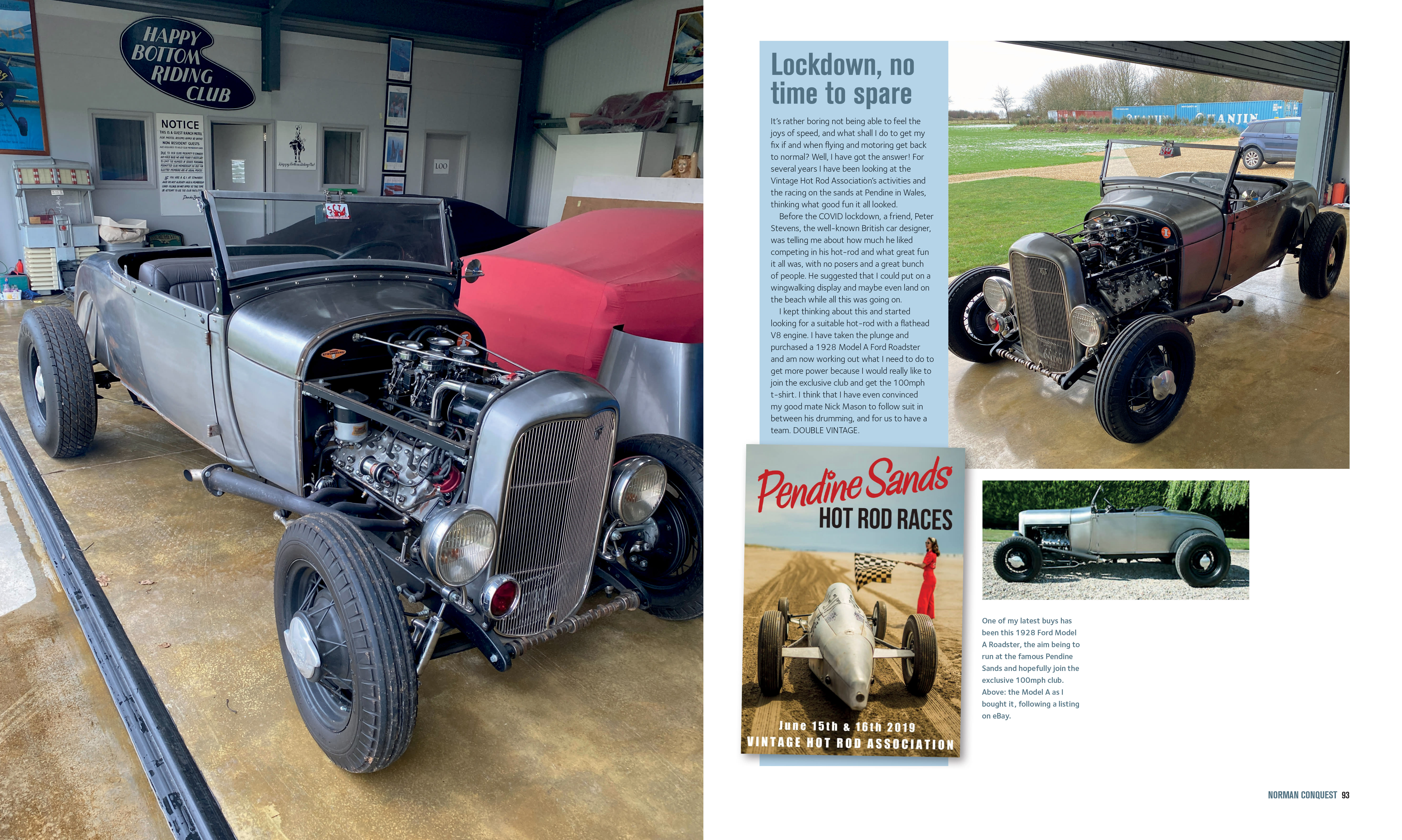
The final afterword is written by former RAF Wing Commander Andy Offer who in addition to commanding a front-line Harrier squadron in wartime, also led the spectacular Red Arrows Royal Air Force Acrobatic team for many years before being "drafted" to lend a hand as part of Norman’s wing walking show.
By now you’ve noticed that this Vic Norman chap is far from your average bloke - with luck, money, fame, and fortune all prominent in his dossier. But you know what? He still seems the kind of fellow who’d sit easily and have a pint or two with you at the local pub, listening intently to your stories before offering a gentle flight in his stunt plane afterwards…
About The Author
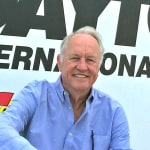
Stuart Rowlands is a long-time publicist with more than 500 events in 18 countries to his credit. Among his clients are the Nobel Peace Prize and Concert, the Quebec Ministry of Tourism, Muhammad Ali, and both Honda and Suzuki motorcycle racing teams. He admits to being a rock publicist in a former life and his resume includes more than a few fan riots as well as being terrified of taking Don King on a media tour. An inspired reader, Rowlands loves good books and we think that he reports on them quite well.
